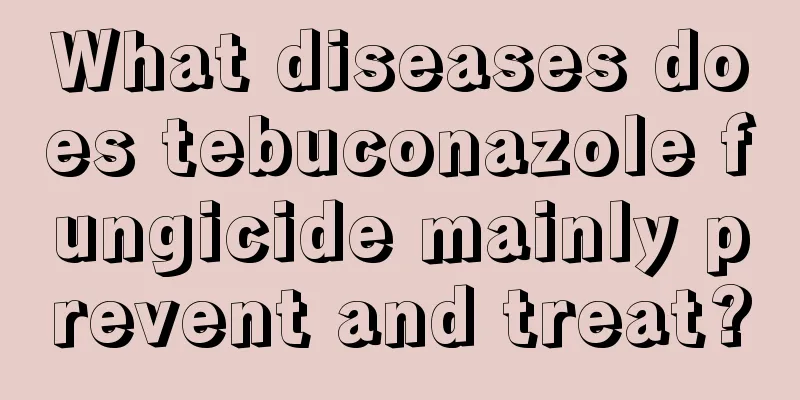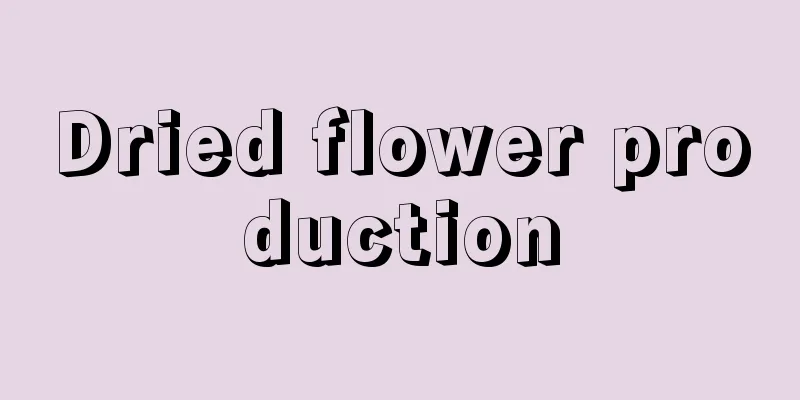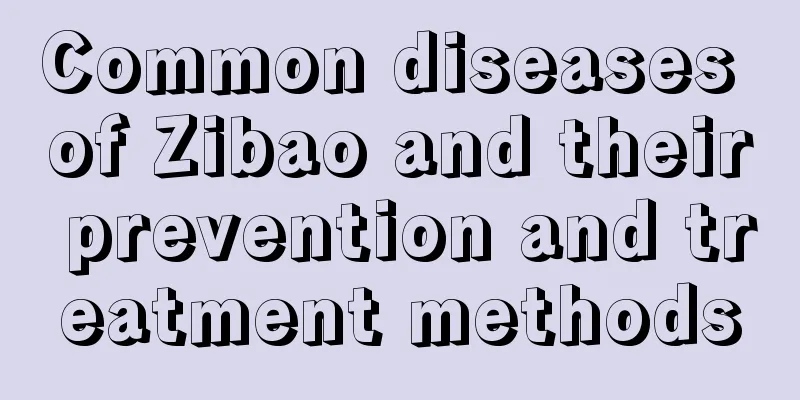What diseases does tebuconazole fungicide mainly prevent and treat?

|
Tebuconazole is a triazole fungicide with three functions: protection, treatment and eradication. It has a broad bactericidal spectrum and a long lasting effect. It is one of the most popular triazole fungicides on the market. So what diseases does tebuconazole fungicide mainly prevent and treat? Let’s learn more about it below. What diseases does tebuconazole fungicide mainly prevent and treat? The fungicide tebuconazole mainly inhibits the demethylation of ergosterol on the bacterial cell membrane, making it impossible for the bacteria to form a cell membrane, thereby killing the pathogens. It has a good effect on diseases caused by higher fungi. Tebuconazole is often used in agricultural production to prevent and control diseases such as leaf spot, sheath blight, anthracnose, powdery mildew, and rust. How to use tebuconazole fungicide? 1. Usage and Dosage 1. Corn Head Smut For every 100 kg of seeds, use 2% tebuconazole dry or wet seed dressing agent or 400-600 grams of 2% dry powder seed dressing agent or 100-200 grams of 6% suspended seed dressing agent for seed mixing or coating. 2. Wheat fusarium wilt During the flowering period of wheat, you can spray 3000-5000 times diluted 43% tebuconazole suspension, and spray a second time after 10 days. This is more effective in preventing and controlling wheat fusarium rust. 3. Rice sheath blight To prevent and control rice sheath blight, during the rice seedling stage, use 10-15 ml of 43% tebuconazole suspension per mu, add 30-45 liters of water, and spray manually. 4. Pear scab Start spraying 3000-4000 times diluted 43% suspension at the early stage of the disease, spray once every 15 days, for a total of 4-7 times. 5. Apple leaf spot disease Start spraying 43% tebuconazole suspension at 5000-7000 times dilution at the early stage of the disease, spray once every 10 days, spray 3 times in total during the spring shoot stage, and spray 2 times in total during the autumn shoot stage. 2. Usage Tebuconazole belongs to the triazole fungicide, which has a certain inhibitory effect on the cell division and growth of crops, especially in the seedling stage, where this inhibitory effect is more obvious. Therefore, when using it, be sure to follow the recommended dosage and never increase the amount and frequency of use at will, so as to avoid the seeds from germinating and the seedlings from completely ceasing to grow. At the same time, when using it, you must also avoid sensitive periods such as the flowering period and young fruit period of the crop. It should also be used with caution during the fruit expansion period to avoid drug damage. What disease does the pesticide tebuconazole treat? -Image copyright belongs to All"> In general, tebuconazole, as a highly effective and broad-spectrum systemic triazole fungicide, is widely used in agricultural production. However, since high doses of tebuconazole can inhibit seed germination and plant stem and leaf growth, many sensitive plants are prone to phytotoxicity if used improperly. Therefore, it is very important to master its usage and dosage.
|
<<: How to take care of the newly bought azalea
>>: How to care for newly bought osmanthus
Recommend
How long does it take for the cuttings of Bear's Paw to take root?
Rooting time of cuttings of bear's paw Bear&#...
How to maintain gold marbles
Golden marble growth conditions The suitable grow...
Fig Growing Conditions
1. Temperature requirements Figs are resistant to...
What is the best time to prune jade trees?
Pruning time There is no rigid requirement for th...
How to grow red lily
1. Temperature guarantee During the maintenance o...
Methods and precautions for cutting propagation of Hoya
How to propagate Hoya Hoya is also called Monkey ...
How to grow spider plants more vigorously
1. Loose soil In order to make spider plants grow...
The difference between chandelier Fuso and Fuso
The Difference Between Chandelier Hibiscus and Hi...
What is the function of Staghorn Begonia
Ornamental effect Staghorn Begonia potted plants ...
Breeding methods and precautions of Royal Yellow
Growth habit The problem of how to maintain them ...
How to propagate Monstera by cuttings
1. Cutting time If you take cuttings at the right...
How to eat Dendrobium chrysanthemum
1. Stewed lean meat soup (1) About ingredients: N...
How often should I water the alum root?
How often should I water the alum root? Generally...
Cultivation methods and precautions of the maidenhair fern
Soil selection The maidenhair fern likes loose, f...
When is the best time to plant kiwi fruit trees?
The soil for planting kiwi trees must be fertile,...









